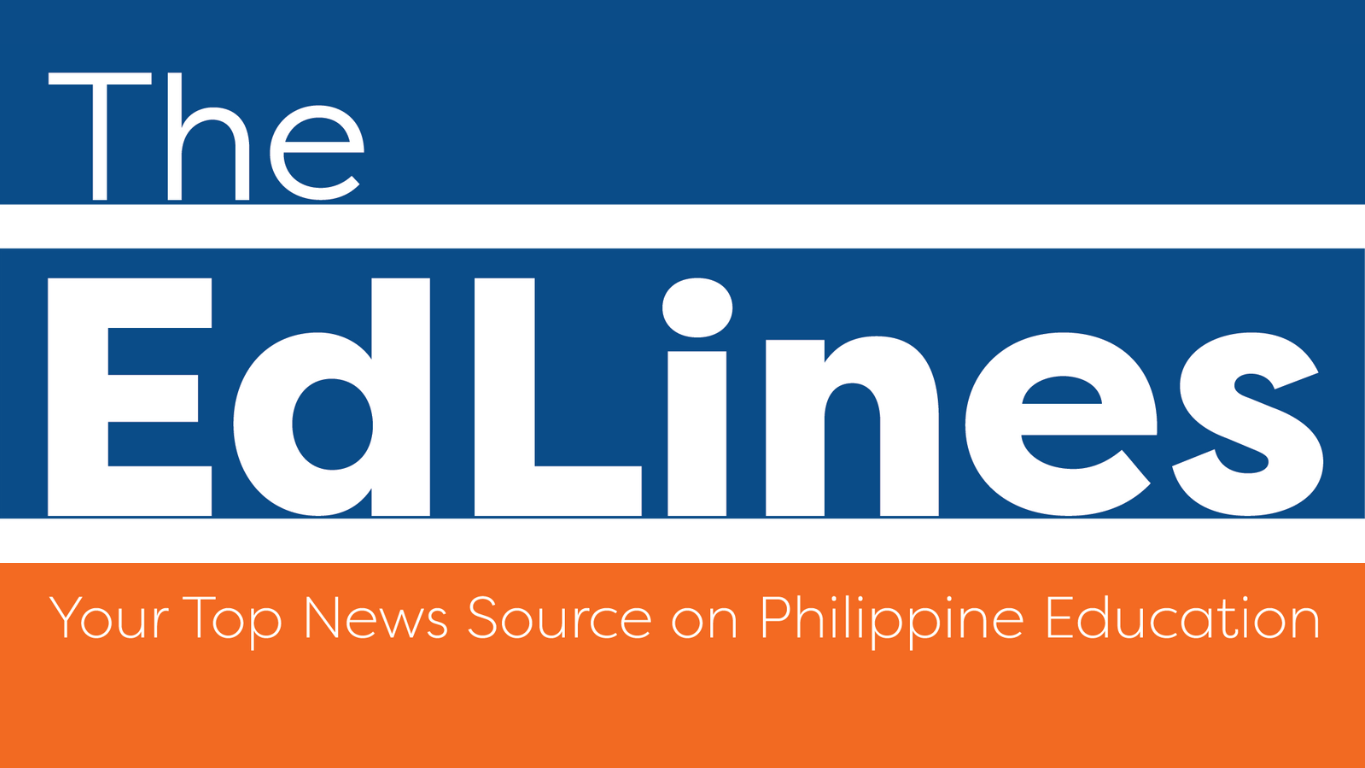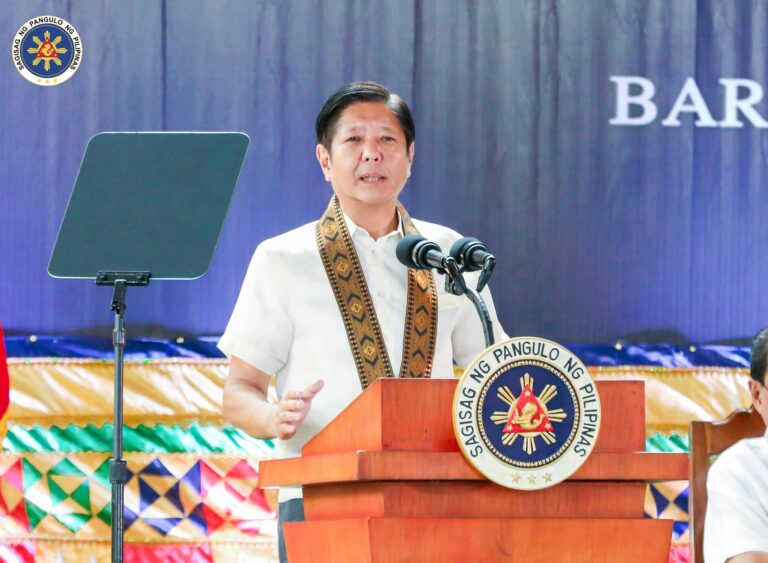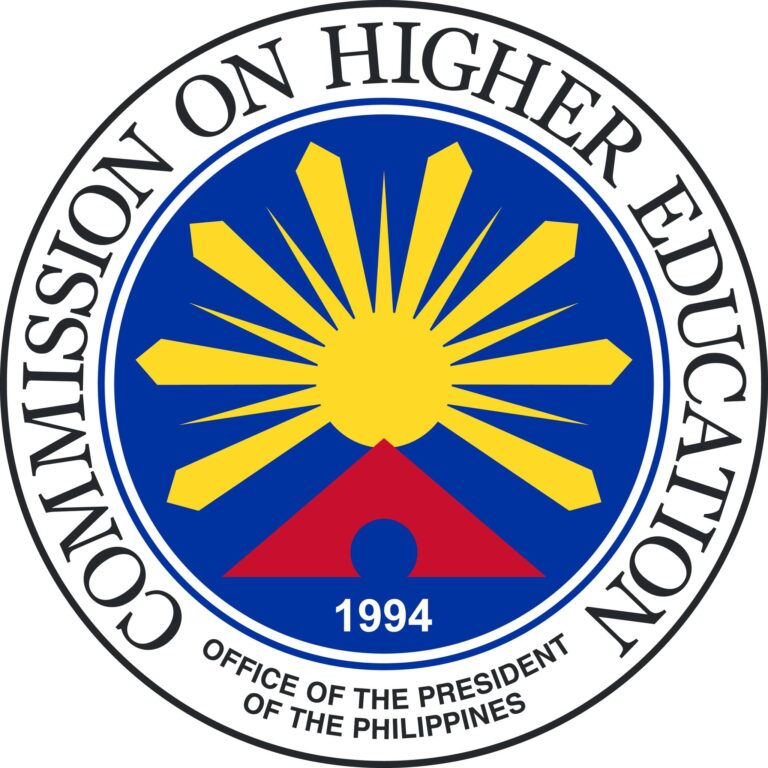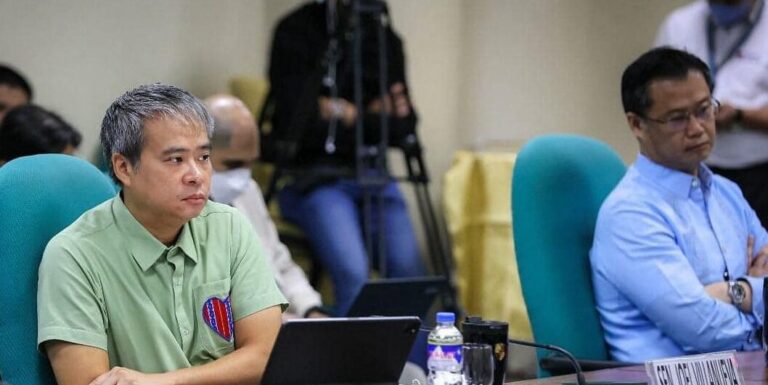Unfair teachers? Cambridge study says teens might rebel with populist views
by Claire Gamboa | June 11, 2024

A new study suggests teenagers who feel mistreated by teachers might be more likely to develop views associated with populism.
Published in the journal Perspectives on Politics, the research examined how adolescents in Austria, Germany, and Switzerland develop populist attitudes. Populism, in this context, refers to a political ideology that emphasizes the power of ordinary people against a perceived elite.
The study, led by researchers from Germany, found a strong link between students who perceived unfair treatment from teachers and a higher likelihood of embracing populist ideas.
“Our study makes clear that adolescence is a pivotal phase for receptivity to populist ideas,” said Julia Weiss of the GESIS—Leibniz-Institute for the Social Sciences in Germany.
“Individuals go through tremendous cognitive and socio-cognitive growth during adolescence, allowing them to think about political problems in more abstract and complex ways,” she added.
Adolescents are forming their political views during this critical time, and their experiences with authority figures can shape those views.
Schools, researchers say, act as a microcosm of society for young people. The way teachers interact with students can influence how they perceive fairness and power dynamics.
“Schools serve as an early representation of the state, providing students with insights into how public institutions operate and how they can anticipate treatment from authorities,” said Sebastian Jungkunz of the University of Bonn in Germany.
The study’s findings might be applicable in the Philippines as well. Filipino students traditionally place a high value on respect for teachers.
A perceived lack of fairness from teachers could potentially lead to feelings of resentment and a rejection of established authority, which could manifest as openness to populist ideas.
While the study focused on teacher-student relationships, it is important to note that other factors can influence a teen’s political views.
The research also found that adolescents from families with higher affluence and those with a migration background were more likely to hold populist attitudes.
The findings highlight the importance of fostering positive and respectful relationships between teachers and students.
This can be achieved through clear communication, fair treatment, and creating a classroom environment where students feel heard and valued.
SHARE THIS NEWS!
RELATED ARTICLES




